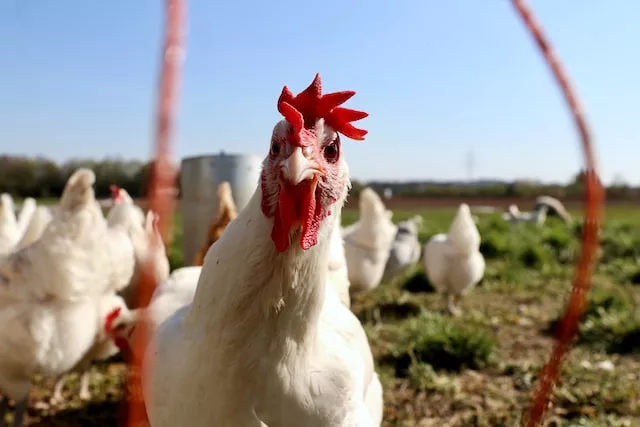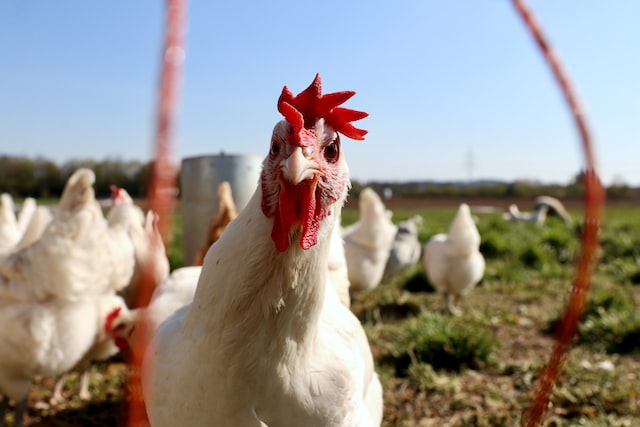How to Protect Yourself and Your Family From Avian Influenza

Protecting Yourself and Your Family From Avian Influenza
Avian influenza, also known as “bird flu,” is a contagious virus that has a significant impact on human and animal health. The virus is mostly found in wild birds, though it can spread to domestic fowl, and is especially dangerous if it is an H5N1 strain. While H5N1 is relatively rare, it is highly contagious and deadly to humans. Aside from H5N1, other strains of avian influenza, such as H7N9 and H5N8, have been documented in humans, but the risk of these strains spreading is much lower. In order to protect yourself and your family from the threat of avian influenza, it is important to understand how the virus is spread, practice good hygiene, and be informed about any potential outbreaks.
What is Avian Influenza?
Avian influenza is caused by a virus from the family Orthomyxoviridae and the genus Influenzavirus A. This influenza virus is not the same as ones that cause seasonal human influenza. Each strain of avian influenza is identified by two proteins, Hemagglutinin (H) and Neuraminidase (N), from which its name is derived. Most avian influenza strains do not cause serious illness in humans. However, some strains, such as H5N1, are highly pathogenic and can cause severe disease and death in humans. Wild birds are the natural reservoir of the virus and it can be spread through contact with the infected birds or their droppings. The virus can spread to domestic poultry, such as chickens, ducks, and turkeys.
How to Protect Yourself and Your Family
-
- Avoid contact with wild birds. Do not touch, feed, or come in contact with wild birds. If you must go near wild birds, wear protective clothing and thoroughly wash your hands afterward. It is also important to practice good hygiene and regularly clean any bird feeders or bird baths.
- Practice good hygiene. Maintain proper handwashing techniques and clean any surface that comes into contact with a raw bird. Thoroughly wash fruits and vegetables that were grown in a backyard or run off the farm. Additionally, practice good hygiene while handling and preparing poultry. Avoid cross-contamination in the kitchen by using separate cutting boards, utensils, and dishes for raw poultry before preparing cooked dishes.
- Be informed of any potential outbreaks. It is important to stay informed of any news regarding outbreaks in your area. Talk to your healthcare provider or veterinarian about any potential risks and keep track of updates from your local government.
- Vaccinate domestic poultry. In order to protect your family from avian influenza, it is important to vaccinate your domestic poultry. Talk to your veterinarian about the best vaccine for your poultry, as the types of avian influenza virus can vary by region.
- Get vaccinated for seasonal influenza. While avian influenza is different from seasonal human influenza, it is important to protect against the latter by getting vaccinated. Talk to your doctor or healthcare provider about which vaccine is right for you and your family.
By understanding the risks , practicing good hygiene, and getting vaccinated, you can help protect yourself and your family from the threat of this deadly virus.

